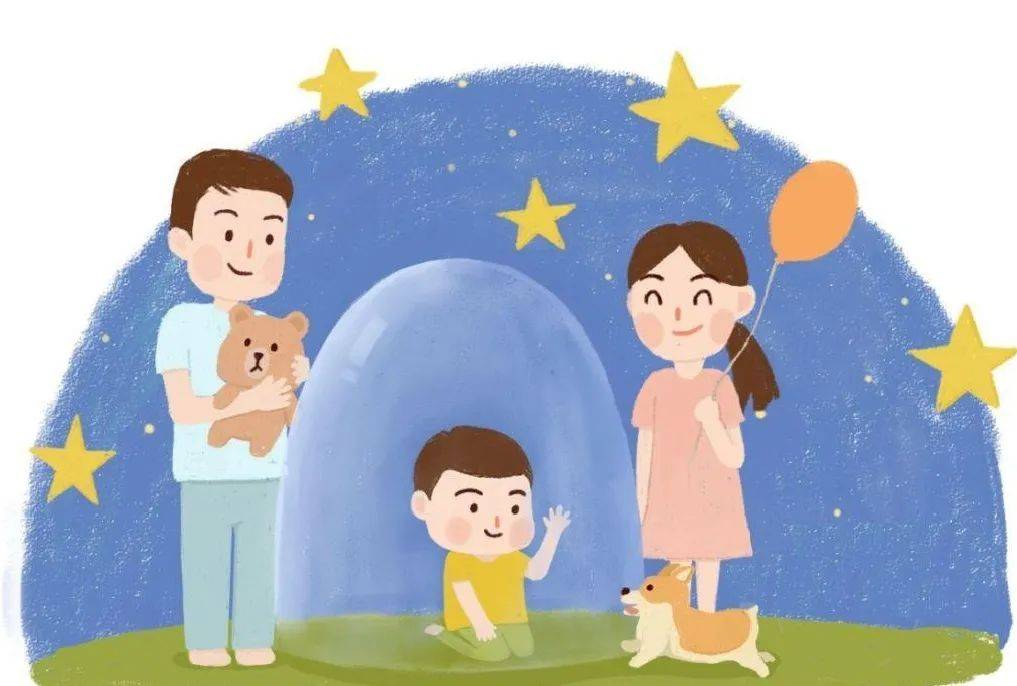In the journey of a child’s growth, each step is filled with exploration and wonders. However, when autism, an invisible obstacle, quietly descends, it may build a wall between the child and the world’s communication. Autism, also known as autism spectrum disorder, is a complex neurodevelopmental disorder that affects a child’s social interaction, language communication, and behavior patterns. Early identification of autism symptoms is crucial for timely intervention and promoting the comprehensive development of the child.
Early Signs: The truth lies in the details
Social Interaction Impairment: Children with autism often lack the ability to establish emotional connections with others. They may avoid eye contact, exhibit a cold response to hugs and kisses from parents, or even resist them. In group activities, they may play alone, show little interest in peers’ invitations or games, making it challenging for them to integrate into the group.
Language Communication Impairment: Delayed language development is a significant hallmark of autism. Children may be late in speaking, and even when they do, their speech is often repetitive and lacking in communicative intent. They may struggle to understand others’ language and their responses to instructions or questions may seem rigid or off-topic.
Stereotyped Behavior Patterns: Children with autism often display repetitive behavior patterns. They may have unusual interests and obsessions with certain objects or activities, such as arranging toys repeatedly or rotating objects. Additionally, they may be highly sensitive to environmental changes, finding it difficult to accept new things or changes in daily routines.
Sensory Abnormalities: Children with autism may also experience sensory processing difficulties. They may be overly sensitive or insensitive to certain sounds, lights, or tactile stimuli. For example, they may be fearful of loud noises, feel discomfort in bright lights, or exhibit unusual preferences or aversions to touch.
Intervention Strategies: The power of love and expertise
Facing the early signs of autism in children, parents and professionals need to collaborate to develop personalized intervention plans. This includes providing a structured learning environment to enhance the child’s social skills development; utilizing speech therapy to improve communication and language comprehension; and employing behavior therapy to reduce repetitive behaviors and enhance emotional regulation.
Furthermore, parental love and understanding are indispensable forces in a child’s growth journey. Parents need to patiently listen to their child’s needs, respect their individual differences, and create a loving and supportive family environment. Throughout this process, parents can also seek support from professional psychological counseling to better manage their own emotions and stress.
【Contact for removal if infringement occurs】.


